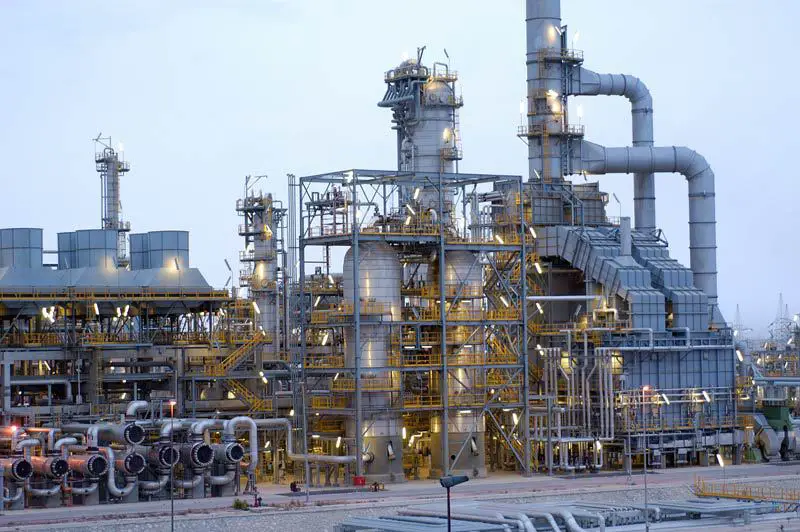Egypt’s MIDOR refinery finalizes construction of two units in a bid to expand the refinery. The Middle East Oil Refinery (MIDOR) located in Alexandria, Egypt is currently aiming to increase its refining capacity by 60%. The refinery is currently undergoing an expansion in the aim of realizing this target. The current expansion estimated to cost $2.3bn will increase the total production of the MIDOR refinery from the current 100,000 barrels per day to 160,000 barrels per day (bpd) of the refined products. The expansion is also expected to increase the middle distillate yield and also meet the Euro V grade fuel domestic requirement.
MIDOR refinery is a company owned by MIDOR, a shareholding company which operates the company as well as own the company. Other companies hold a stake at the company such as Egyptian General Petroleum Corporation (EGPC) which holds 78% of the shares in the refinery as the majority share holder. The shareholding companies seek to extend the refinery to approximately 500 acres of land within the Amerya Free zone, near Alexandria. The company hopes that the expansion of the refinery will facilitate in their refining processes of both local as well as imported crude products.
Read also: Egypt’s Middle East Oil Refinery (MIDOR) Expansion project updates
MIDOR refinery Expansion Project Expected To Produce an Additional 280,000 million tonnes of LPG
The expansion of MIDOR refinery is not only expected to increase barrel processing but also increase the production of Liquid Petroleum Gas to 280,000 million tonnes. This will in turn increase the amount of high-octane gasoline to 1.6 Million Tonnes, jet fuel to 2.2 Million Tonnes, and 2.8 Million Tonnes of diesel as outlined by the International Euro V specifications. The expansion project is part of Egypt’s ministry of Petroleum and Mineral Resources’ plan to upgrade the country’s existing oil refineries. The aim of this is to reduce the amount of import the country makes on petroleum and crude products.

